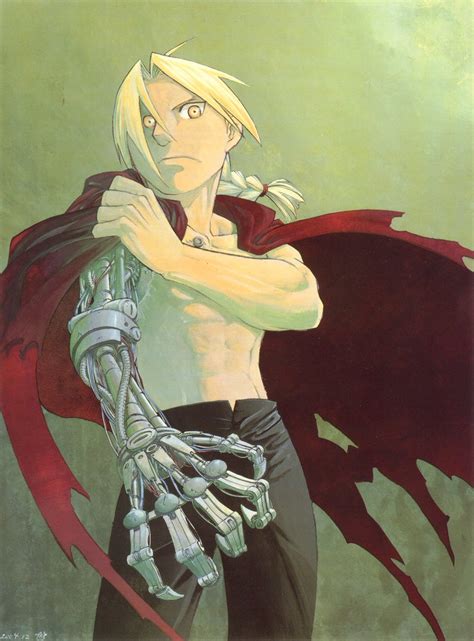A Quote by Seth Shostak
In the 19th century, if you had a basement lab, you could make major scientific discoveries in your own home. Right? Because there was all this science just lying around waiting for somebody to pick it up.
Related Quotes
Sitting around home I mostly play acoustic. I've got seven or eight guitars of various sorts, including a baritone. Sometimes at home, because a guitar is just lying around, that's the guitar I pick up rather than actually choosing something. I try to plan ahead for my laziness by leaving interesting things scattered about. If I leave a baritone guitar lying around, that's the one I'll pick up, and I'll start writing baritoney things.
In the beginning of the 19th century, maybe forty percent of women and fifty percent of men could produce a signature, which meant that they'd had at least three years of education because it was in third grade that people started penmanship in the 19th century. And of course black people could get killed if they got caught teaching themselves to read in some parts of the country.
-Please, Anita, go home, and don’t freak. Just go home, and be happy. Be happy, and let everyone around you be happy. Is that so hard? When Jason said it like that, it didn’t seem hard. In fact, it seemed to make a lot of sense, but inside, it felt hard. Inside it felt like the hardest thing in the world. To just let go, and not pick everything to death. To just let go and enjoy what you had. To just let go and not make everybody around you miserable with your own internal dialogue. To just let go and be happy. So simple. So difficult. So terrifying.
People have asked me about the 19th century and how I knew so much about it. And the fact is I really grew up in the 19th century, because North Carolina in the 1950s, the early years of my childhood, was exactly synchronous with North Carolina in the 1850s. And I used every scrap of knowledge that I had.
In the post-enlightenment Europe of the 19th century the highest authority was no longer the Church. Instead it was science. Thus was born racial anti-Semitism, based on two disciplines regarded as science in their day - the 'scientific study of race' and the Social Darwinism of Herbert Spencer and Ernst Haeckel.
Look, science is hard, it has a reputation of being hard, and the facts are, it is hard, and that's the result of 400 years of science, right? I mean, in the 18th century, in the 18th century you could become an expert on any field of science in an afternoon by going to a library, if you could find the library, right?



































